I have written earlier in this series that quantum error correction (QEC), a concept parallel to ECC in classical computing, is a gating factor for production quantum computing (QC). Errors in QC accumulate much faster than in classical systems, requiring QEC methods that can fix errors fast enough to permit production applications.… Read More
Author: Bernard Murphy
Where is Quantum Error Correction Headed Next?
Verifying RISC-V Platforms for Space
Space applications are booming, prompted by rapidly declining launch costs now attainable through commercial competition. Thanks to ventures like SpaceX, the cost to put a satellite into low earth orbit (LEO) has dropped from $20k/kg to $2k/kg today and is expected to drop further to $200/kg or lower. Plummeting costs drive … Read More
Automotive Digital Twins Out of The Box and Real Time with PAVE360
Digital twins are amazing technology, virtual representations mirroring a real physical system. Twin virtual models span software, electrical/electronic and mechanical subsystems, closing the loop with feedback from real physical counterparts. The virtual model calibrates against real sensing feedback gathered in … Read More
Quantum Computers: Are We There Yet?
R&D for any fundamentally new technology takes time, especially for hardware; over 10 years passed from the first transistor to the first (very small) integrated circuit. The engineering behind quantum computers is arguably even more challenging than for electronic circuits, at least from today’s perspective. We shouldn’t… Read More
Simulating Quantum Computers. Innovation in Verification
Quantum algorithms must be simulated on classical computers to validate correct behavior, but this looks very different from classical logic simulation. Paul Cunningham (GM, Verification at Cadence), Raúl Camposano (Silicon Catalyst, entrepreneur, former Synopsys CTO and lecturer at Stanford, EE292A) and I continue our… Read More
Quantum Advantage is About the Algorithm, not the Computer
Of course there is a minimum requirement for the computer: enough qubits, fault-tolerant computing, support for hundreds of millions or more computations before a reset, that sort of thing. We’re still on that journey but even after we reach this goal it is important to have a sense of what delivers advantage since the computer … Read More
Quantum Computing Technologies and Challenges
There’s more than one way to build a quantum computer (QC) though it took me a while to find a good reference. I finally settled on Building Quantum Computers: A Practical Introduction. Excellent book but designed only for those who will enjoy lots of quantum math. I’m going to spare you that and instead describe a couple of the more… Read More
Reimagining Architectural Exploration in the Age of AI
This is not about architecting a full SoC from scratch. You already have a competitive platform, now you want to add some kind of accelerator, maybe video, audio, ML, and need to explore architectural options for how accelerator and software should be partitioned, and to optimize PPA. Now we have AI to help us optimize you’d like … Read More
Quantum Computing Algorithms and Applications
In an upcoming Innovation blog we’ll get into how quantum computers are programmed. Here I’d like to look more closely at algorithms beyond Grover and Shor, and what practical applications there might be for quantum computing. I also take a quick look at what analysts are saying about potential market size. Even more than in AI, … Read More
AI Deployment Trends Outside Electronic Design
In a field as white-hot as AI it can be difficult to separate cheerleading from reality. I am as enthusiastic as others about the potential but not the “AI everywhere in everything” message that some emphasize. So it was interesting to find a survey which looks at the deployment reality outside our narrow domain of electronic and … Read More










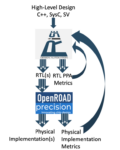


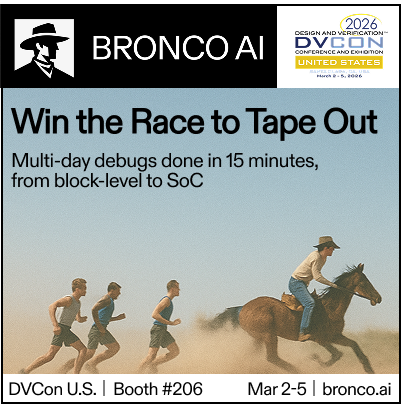

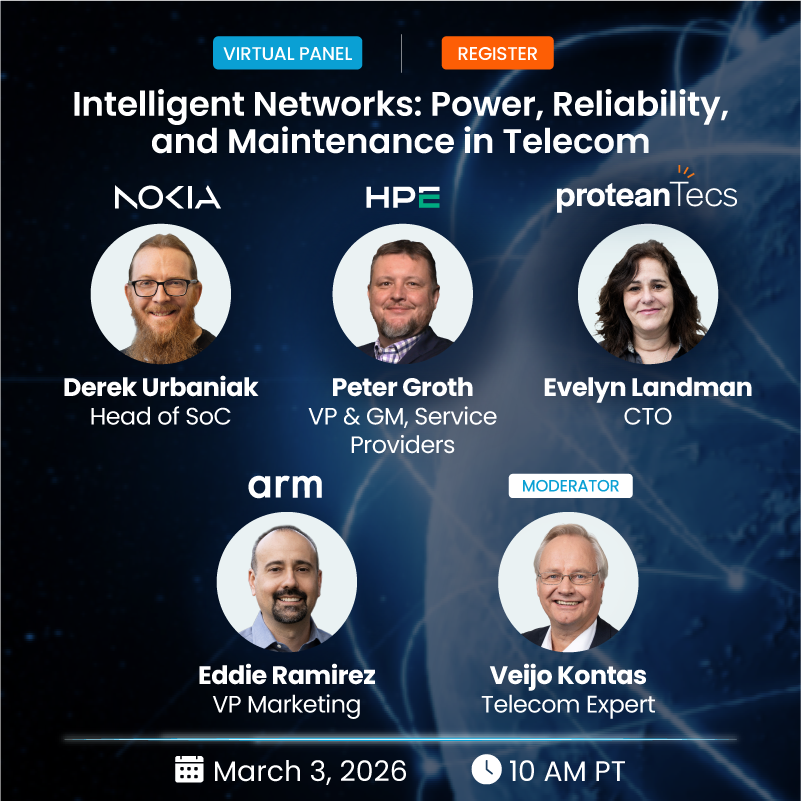
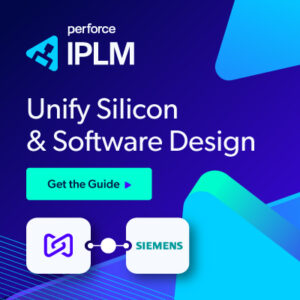
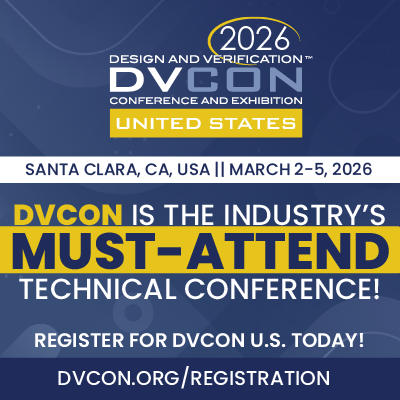



CEO Interview with Aftkhar Aslam of yieldWerx